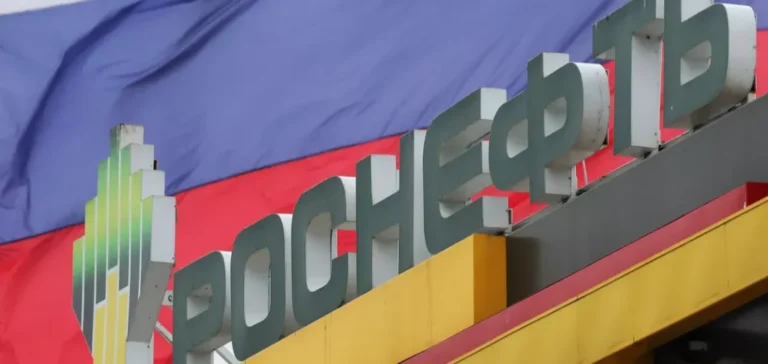The United States Department of the Treasury has issued a general license authorising specific transactions involving Rosneft Deutschland GmbH and RN Refining & Marketing GmbH, two German subsidiaries of Russian oil producer Rosneft. The authorisation remains valid until 12:01 a.m. Eastern Daylight Time on April 29, 2026, according to an official notice on the Treasury’s website.
The non-renewable, limited license permits the entities to continue operational activities despite ongoing U.S. economic sanctions against the Russian parent company. This measure fits within the broader context of geopolitical tensions between the United States and Russia and the German authorities’ ongoing efforts to clarify the ownership of these strategic energy assets.
Pressure on Berlin to resolve ownership issue
Washington had previously granted Germany a six-month window to determine the legal future of Rosneft’s assets within its territory. The grace period was negotiated to prevent any disruption to energy operations while upholding the existing sanctions regime. Rosneft holds significant stakes in Germany’s refining sector, including the PCK Schwedt facility, placing its subsidiaries at the centre of the country’s critical infrastructure.
The U.S. general license enables commercial partners, suppliers, and financial institutions to continue dealing with Rosneft Deutschland and RN Refining & Marketing without breaching American law. However, it does not alter Rosneft’s broader designation as a sanctioned entity.
Implications for oil flows and supply chains
The issue extends beyond legal considerations. The uncertainty surrounding the management of these assets has already complicated logistical planning related to crude supply and refined fuel distribution. Several market players have reported delays in contractual engagements and tighter commercial credit terms for the affected subsidiaries.
German authorities have maintained administrative control over Rosneft Deutschland’s assets since 2022 through the Bundesnetzagentur, the Federal Network Agency, to ensure operational continuity. While the U.S. decision is unilateral, it may influence upcoming discussions between Berlin and Moscow on a potential transfer or restructuring of Rosneft’s stakes.






















